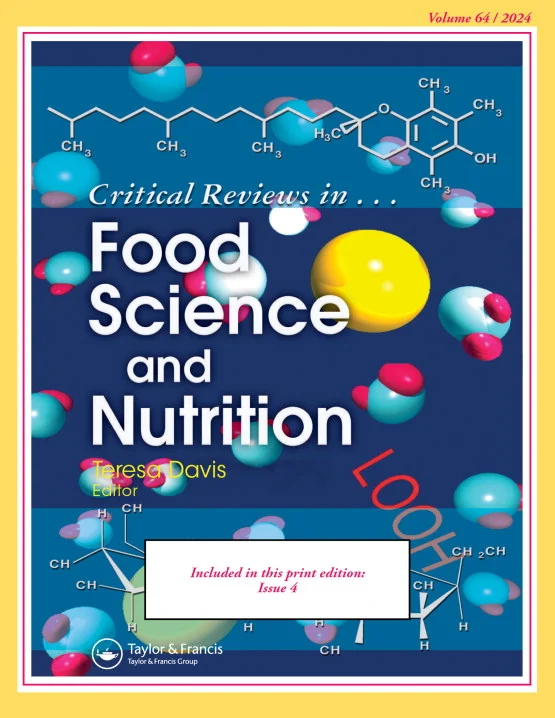Tannins and human health: a review.
Abstract
Tannins (commonly referred to as tannic acid) are water-soluble polyphenols that are present in many plant foods. They have been reported to be responsible for decreases in feed intake, growth rate, feed efficiency, net metabolizable energy, and protein digestibility in experimental animals. Therefore, foods rich in tannins are considered to be of low nutritional value. However, recent findings indicate that the major effect of tannins was not due to their inhibition on food consumption or digestion but rather the decreased efficiency in converting the absorbed nutrients to new body substances. Incidences of certain cancers, such as esophageal cancer, have been reported to be related to consumption of tannins-rich foods such as betel nuts and herbal teas, suggesting that tannins might be carcinogenic. However, other reports indicated that the carcinogenic activity of tannins might be related to components associated with tannins rather than tannins themselves. Interestingly, many reports indicated negative association between tea consumption and incidences of cancers. Tea polyphenols and many tannin components were suggested to be anticarcinogenic. Many tannin molecules have also been shown to reduce the mutagenic activity of a number of mutagens. Many carcinogens and/or mutagens produce oxygen-free radicals for interaction with cellular macromolecules. The anticarcinogenic and antimutagenic potentials of tannins may be related to their antioxidative property, which is important in protecting cellular oxidative damage, including lipid peroxidation. The generation of superoxide radicals was reported to be inhibited by tannins and related compounds. The antimicrobial activities of tannins are well documented. The growth of many fungi, yeasts, bacteria, and viruses was inhibited by tannins. We have also found that tannic acid and propyl gallate, but not gallic acid, were inhibitory to foodborne bacteria, aquatic bacteria, and off-flavor-producing microorganisms. Their antimicrobial properties seemed to be associated with the hydrolysis of ester linkage between gallic acid and polyols hydrolyzed after ripening of many edible fruits. Tannins in these fruits thus serve as a natural defense mechanism against microbial infections. The antimicrobial property of tannic acid can also be used in food processing to increase the shelf-life of certain foods, such as catfish fillets. Tannins have also been reported to exert other physiological effects, such as to accelerate blood clotting, reduce blood pressure, decrease the serum lipid level, produce liver necrosis, and modulate immunoresponses. The dosage and kind of tannins are critical to these effects. The aim of this review is to summarize and analyze the vast and sometimes conflicting literature on tannins and to provide as accurately as possible the needed information for assessment of the overall effects of tannins on human health.





